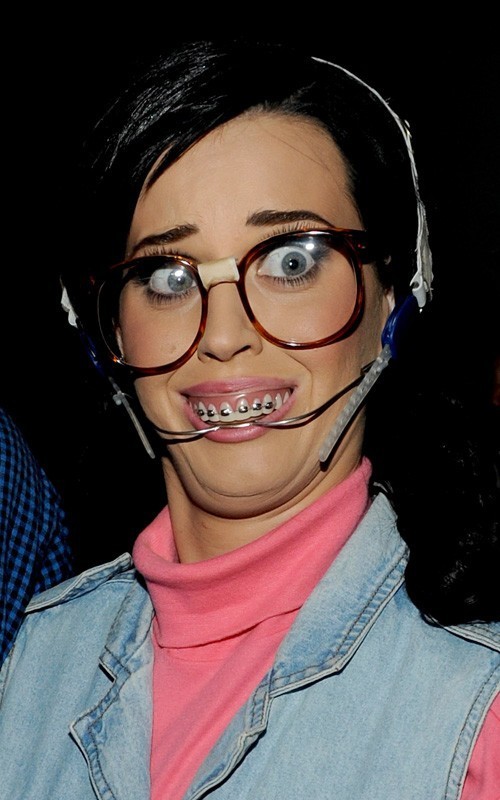This week, we have covered the topic of "two cultures", two worlds of thinking and of learning, that of the arts and that of the sciences. It I the conception that scientists believe artists and writers to be "lacking in foresight" and "restricting of art to the existential", while artists think of scientists as "unaware of man's condition" and "shallowly optimistic". I definitely do see the gap between the two cultures in my own life. For example, since the 7th grade specifically, I have loved both science and writing. I now desire nothing more than to be a veterinarian, as well as an author on the side. These two things are both extremely difficult and opposite of one another, but nonetheless they are what I want--a mix of both cultures. But the pressure to pick a major in college of either one or the other is huge. Should I be a North Campus student or a South campus one? I started out as a science major, but realized that this path was near-impossible with my demanding water polo schedule. I also felt very limited and confined with a load of science classes that were all similar and rigid. Now I am on track to be a Human Biology and Society Bachelor of Arts pre-major. This degree offers a mix of North and South campus, humanities and science, which is exactly what I have been looking for.
It is interesting to me that C.P Snow, the man who coined the phrase "Two Cultures" in the 1950s, wanted the title of his lecture to be "The Rich and the Poor". This in itself is evidence that there are many types of culture gaps between groups in our society. There are intellectuals and scientists, there are the wealthy and the struggling, and in my life, as an athlete, I feel that there is a large gap between athletes and non-athletes on the UCLA campus. The athlete scoffs at the non-athlete for being a nerd with an enormous amount of free time, but still complaining about how stressed and time-constrained they are, while the non-athlete student thinks that the "jocks" are dumb and unworthy of the university because they got in to school by flexing their muscles.

One of the videos from this week really stuck with me. It was the RSA education reform video. It talked about shifting the paradigm of our current school model. Paradigms were a concept originated by Thomas Kuhn, a scientist and intellectual who saw a pattern in science of a pre-scientific stage turning into a fixed paradigm, which would be shaken by apparent anomalies, and then a 'revolution' would occur following a crisis, leading ultimately to a new and accepted paradigm. Educational paradigms, although shaken by many anomalies, or incidences showing cracks in the system, do not change with ease. Our current system was designed during and for the Enlightenment age. There remains an industrial, production-line mentality for schooling, which is boring kids to the brink of mental challenges, like ADHD. Standardization of students is something that mustn't go on else we lose all capability for divergent thinking and creativity. Separating kids as if in a factory, and compartmentalizing them into science or math or English, in other words furthering the two-culture gap, does not foster the innovative world we are trying to create through collaboration of great minds.
TED talk on educational system and need for reform
References:
Snow, C. P. The Two Cultures and the Scientific Revolution. New York: Cambridge UP, 1959. Print.
Vesna, Victoria. "Toward a Third Culture: Being In Between." Leonardo 34.2 (2001): 121-25. Web.
"RSA Animate - Changing Education Paradigms." YouTube. YouTube, n.d. Web. 05 Apr. 2015.
"Sir Ken Robinson: Bring on the Learning Revolution!" YouTube. YouTube, n.d. Web. 05 Apr. 2015.




No comments:
Post a Comment